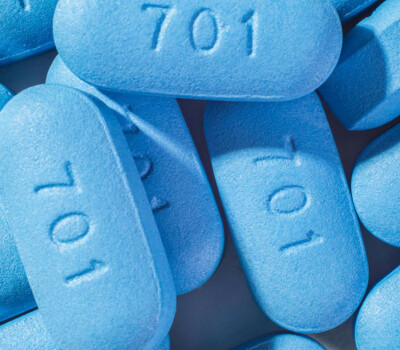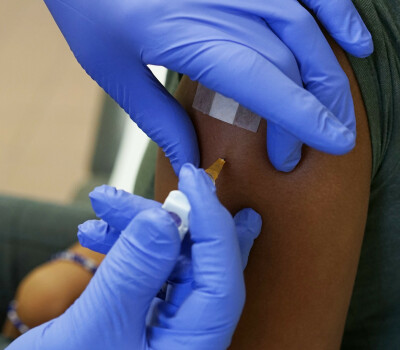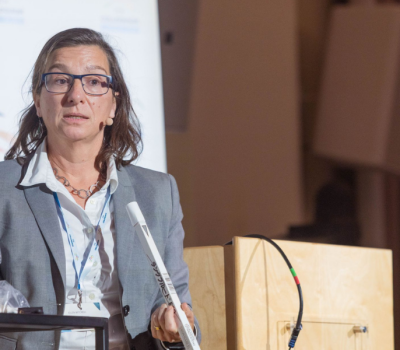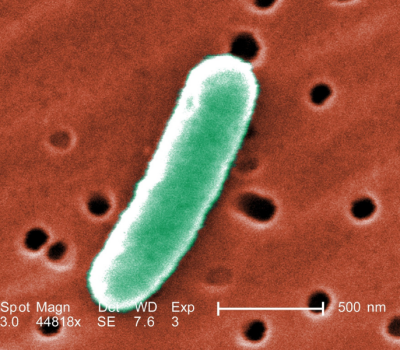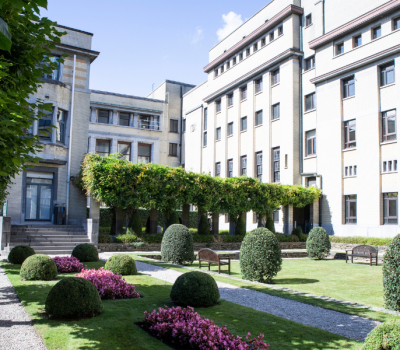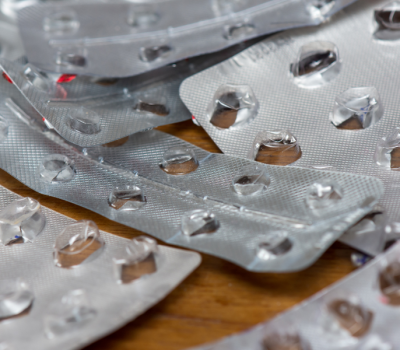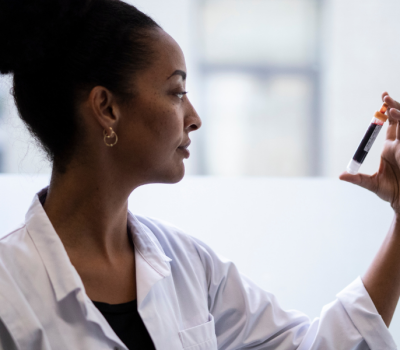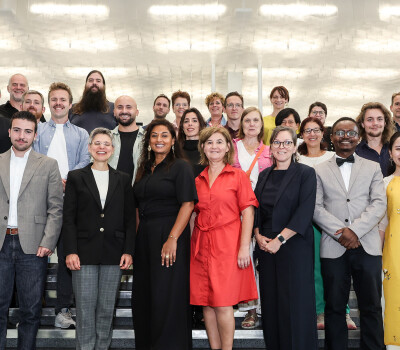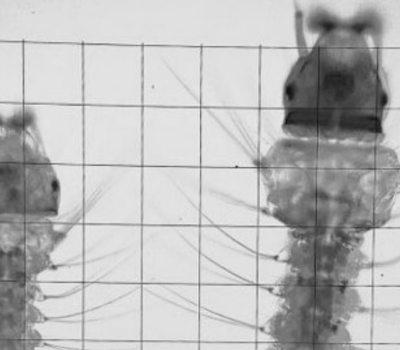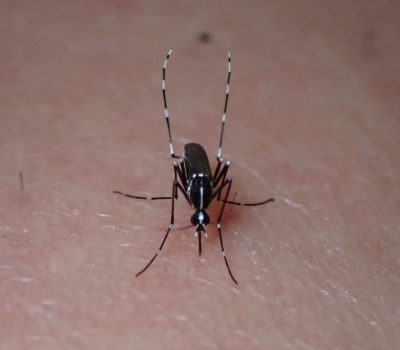Access to essential medicines and vaccines: a matter of equity
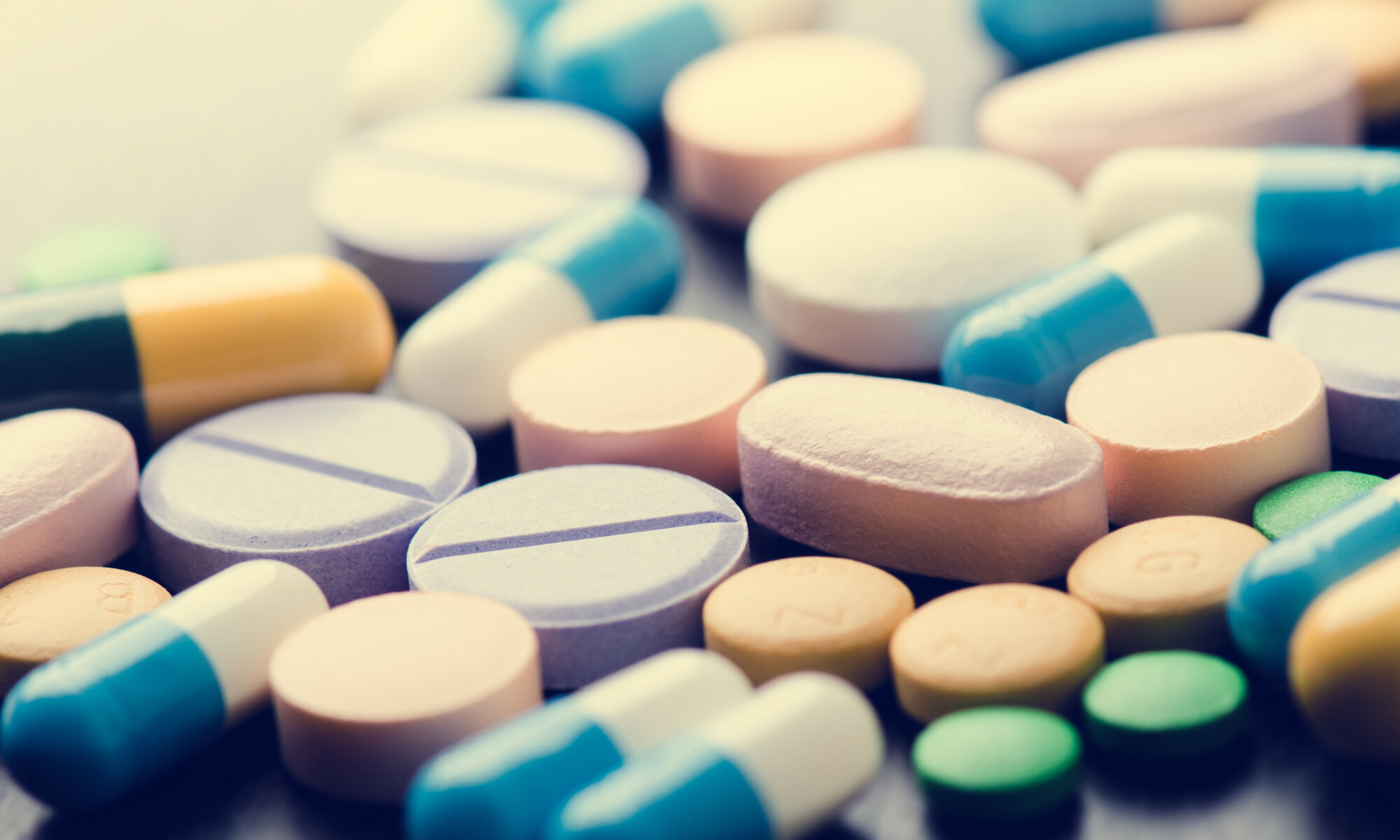
In the pursuit of equitable healthcare for all, the Institute of Tropical Medicine (ITM) in Antwerp collaborates with international research partners to address the root causes of unequal access to essential medicines and vaccines. Even pre-COVID-19, two billion people lacked access to essential medicines and healthcare products due to a shortage of social protection and historical disparities. A worldwide call for demanding immediate collaboration and sustainable solutions has been sounded.
Overcoming the challenges of accessing essential medicines and health products is a complex task. Achieving equitable access demands efforts across various levels, with strong commitment from national and international stakeholders. In BMJ Global Health, ITM and colleagues from Belgium and all over the world propose urgent action in four key areas in the health sector: the pharmaceutical innovation ecosystem; transparent and evidence-based prioritisation criteria; strengthening the regulatory and supply systems; and promoting financial health protection as part of universal health coverage.
"Over the past decade, Belgium has spearheaded European initiatives for equitable access to high-quality health products”, says Raffaella Ravinetto, a professor in pharmaceutical public health and the head of the Department of Public Health at ITM. “The Belgian commitment includes advocating for rigorous quality assurance for medicines for humanitarian and development programmes. They support the World Health Organization (WHO) initiatives for global access to health products and technologies, boosting pharmaceutical manufacturing in Rwanda and Senegal and spearheading efforts for global access to controlled medicines for pain management. Belgium is amongst the first supporters of the mRNA technology transfer programme in South Africa and donor of the WHO Access to Medicines and Health Products (MHP) Program.”
A four-lane road to equitable access to quality health products
In response to the critical need for change, the group of researchers advocates for a fairer system. First, a redesign of the pharmaceutical innovation ecosystem and policy environment is essential to address the gap between market-driven approaches and public health needs. Learning from past ‘access crises’, the example of HIV/AIDS demonstrates that change is possible. In the 1990s and early 2000s, HIV medications were unaffordable for most people in Africa. Activism, innovative financing and access models sparked a (delayed) revolution in access to HIV medications. Today, the necessary changes imply creating and strengthening regional pharmaceutical development and production hubs, as it is already happening in South Africa and Rwanda, and promoting knowledge- and technology-sharing.
Secondly, Health Technology Assessment (HTA) emerges as a key tool for ensuring optimal care in national health systems. It independently and rigorously evaluates interventions like medicines and vaccines, ensuring efficient resource allocation, striking a balance between innovation and equitable access. The development of HTA expertise in low- and middle-income countries is paramount for a just and transparent healthcare system, transforming innovations into accessible realities. The upcoming implementation of the EU Regulation on Health Technology Assessment presents a wonderful opportunity to enhance the quality of HTA across Europe and our partner countries in the South.
Thirdly, robust pharmaceutical and regulatory systems are crucial to tackle quality issues and enhance supply chain resilience. Incidents, like child mortality from contaminated cough syrups, are just the peak of the broader and not visible problem of substandard and falsified medicines. They underscore the need for global collaboration and support. Strengthening regional and national regulatory oversight is imperative to ensure that every medication is a beacon of health rather than a potential hazard. Emerging regional initiatives like the African Medicines Agency (AMA), will play a key role in improving access to quality, safe and efficacious medical products, and the European Union is committed to supporting its setting up.
Fourthly, shifting from individual ‘out-of-pocket’ payments for medicines to collective systems is essential. In many low- and middle-income countries, individuals bear the direct burden of healthcare costs, hindering access to vital care. This will require pooled financing systems at the national level. For this, the poorest countries will need more donor funding, which may require llobal financial reforms, including debt relief and transnational taxation, paving the way for an equitable and sustainable healthcare landscape.
Shaping the future of global access to safe, effective, appropriate and quality health products
Ravinetto R, Henriquez R, Srinivas PN, Bradley H, Coetzee R, Ochoa TJ, Semuto Ngabonziza JC, Mazarati JB, Van Damme W, van de Pas R, Vandaele N, Torreele E. Shaping the future of global access to safe, effective, appropriate and quality health products. BMJ Glob Health. 2024 Jan 9;9(1):e014425. doi: 10.1136/bmjgh-2023-014425. PMID: 38195155; PMCID: PMC10807033.
Belgian presidency of the Council of the European Union
From 1 January to 30 June 2024, Belgium holds the presidency of the Council of the European Union (EU). ITM is actively contributing to the overarching theme of health. Together we look towards a future where access to essential medicines and vaccines is not a privilege but a universal right. The EU can take solidarity driven action to ensure equitable access to health products.
Research themes

Pharmaceutical Public Health
Read moreSpread the word! Share this story on
